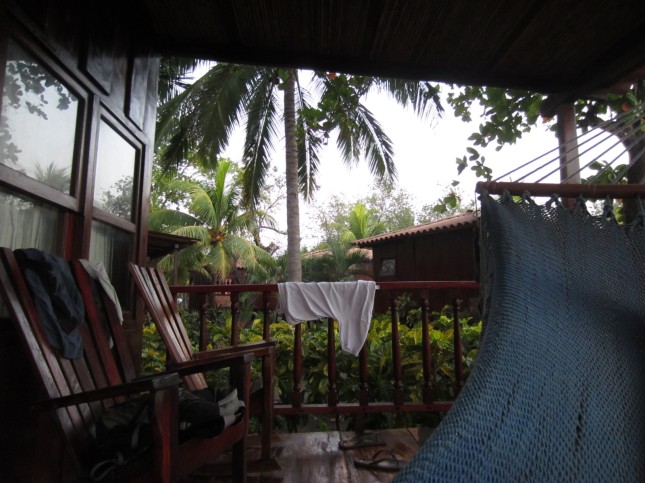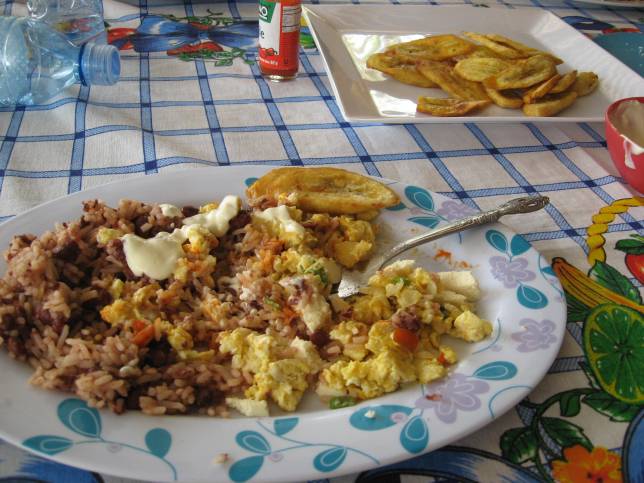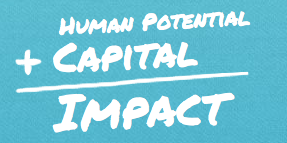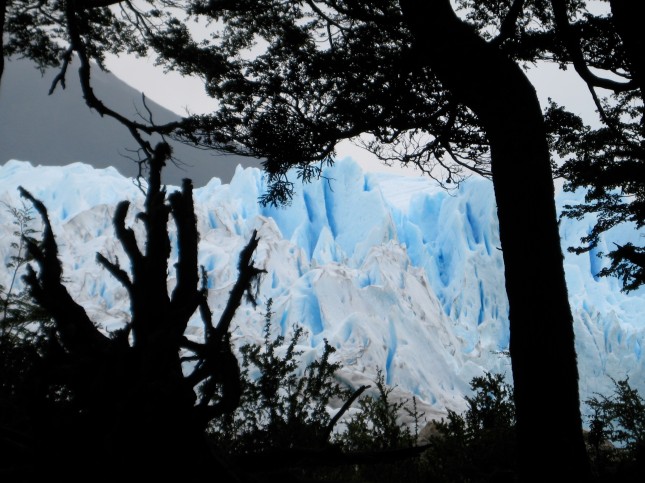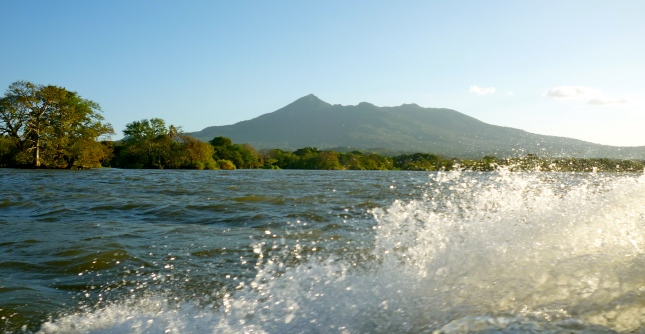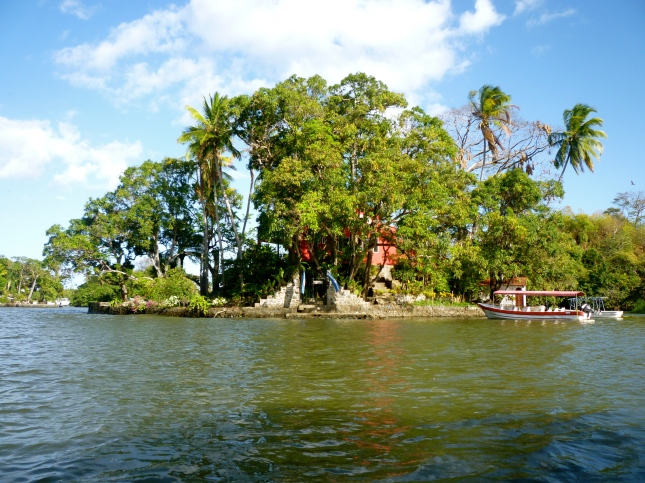So far, a central struggle of mine with this blog is organizing so many disparate yet related thoughts, ideas and interests into the coherent, communicable, and brief medium knows as the blog post. Likewise, I get excited about certain subjects and lack the discipline to stay within the parameters I set for myself. (Always working on that self-discipline thing.) But I’m working on it.
With that admission, I attempt another foray into a far-reaching and distractingly awesome field: service design & design research.This is an area that I find fascinating and relevant, and something that I might want to dive into headfirst before too long (ie Apprentice somewhere and then open my own firm? Who knows, just one option. But really, if you’re reading this and know people who do stuff like this, please hook me up.)
A brief wikipedia definition:
SERVICE DESIGN is the activity of planning and organizing people, infrastructure, communication and material components of a service in order to improve its quality and the interaction between service provider and customers. The purpose of service design methodologies is to design according to the needs of customers or participants, so that the service is user-friendly, competitive and relevant to the customers. The backbone of this process is to understand the behavior of the customers, their needs and motivations.
You can explore more about this field here, here and here.
I think that Google’s success has been indicative of their leadership in this field. Since inception, the users have always defined the direction and existence of Google’s products. Now, their wide user base allows them to constantly experiment with new ways to interact with the user, and the popular tactics define the business decisions. This is critical because it illustrates how the user is actually defining the product, or the service. (How freaking cool and relevant is that?!)
Examples of this in the tech world are pretty easy to imagine. But the functionality expands to more traditional products too, like Chobani (the yogurt guys who got the smarts), which is one of Fast Company’s Most Innovative Companies of 2012:
“We let customers define what Chobani was,” he says. “It sounds good because we didn’t create it–the consumer did.” ['he' is founder and CEO Hamdi Ulukaya, a Turkish immigrant who entered the food business when he bought an old Kraft dairy plant that was being shuttered.]
The functionality of this strategy relies on access to oodles and oodles of data. The more data, the better designed the service (or product) is. To me, this is why efficient, reliable data collection is the future of products and services. Furthermore, the potential application of this stuff to products and services for base of the pyramid populations is massive! So clearly, if it relies on data, the research, or data collection phase is crucial.
[Read more here on why 'the future of service is data'.]
DATA COLLECTION: DESIGN RESEARCH (ie ETHNOGRAPHY) vs traditional methods

(source: www.thereboot.org)
This stuff gets my anthropology-phile brain working overtime with its overlap with ethnographic methods, and a shift towards the inquiry side of the inquiry-advocacy spectrum.
ROLE OF DESIGN
Data & infographics go hand-in-hand, especially in this blink-and-you’re-over-it age of internet. Also, this stuff is hand-in-hand with design-y fields like branding, communications, storytelling, & marketing (I love this stuff too!). Actually, can you even separate these industries anymore? Can you separate them from the user experience? Elle Luna, former IDEO designer, doesn’t think so:
When I think about the role of design, and the overarching role of user experience, it starts from the moment you become aware of something and ends the moment you finish using the product. Until the minute that experience ends and from the moment it begins, that’s the entire user experience. To think of one as being design and one as being marketing feels totally disjoined. The minute you saw one of those iPod ads, with the iconic dancers rocking out with the fluorescent colors and nothing except for the logo and the white signature headphones–the minute you see that, it begins to suggest an identity, an aspiration; it begins to tell a story. And people see themselves in that story, and over time, they go and buy the iPod and they continue to be the touch points of this story. It should be entirely holistic, entirely seamless.
[http://www.fastcompany.com/1823204/fast-talk-elle-lunas-holistic-vision-of-design]
This is also why I’m currently teaching myself InDesign & Illustrator. (If that self-discipline ever kicks in, that is.)
There’s a lot of overlap here with another multidisciplinary field that I’m excited to delve into – behavioral economics. I think that is for another post, but if you’re into that stuff, the folks I follow include the following: I’m a little obsessed with ideas42, & for fun I follow these guys on twitter.
People I know of doing work like this include Fairbourne Consulting (specifically market research for base of the pyramid populations – hire me!), Reboot, & ELab.











